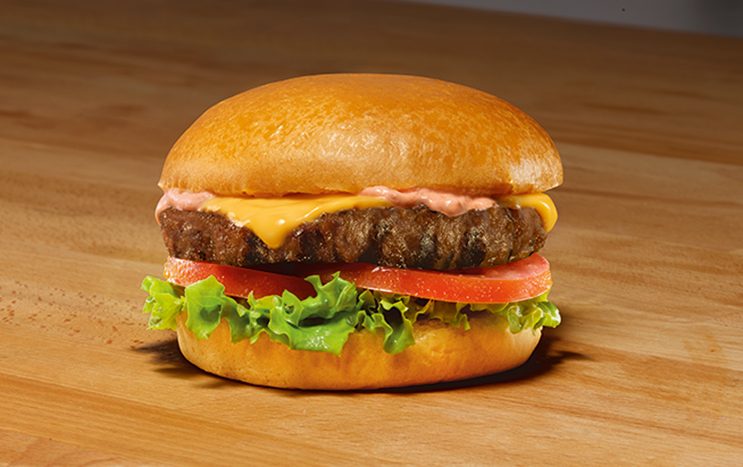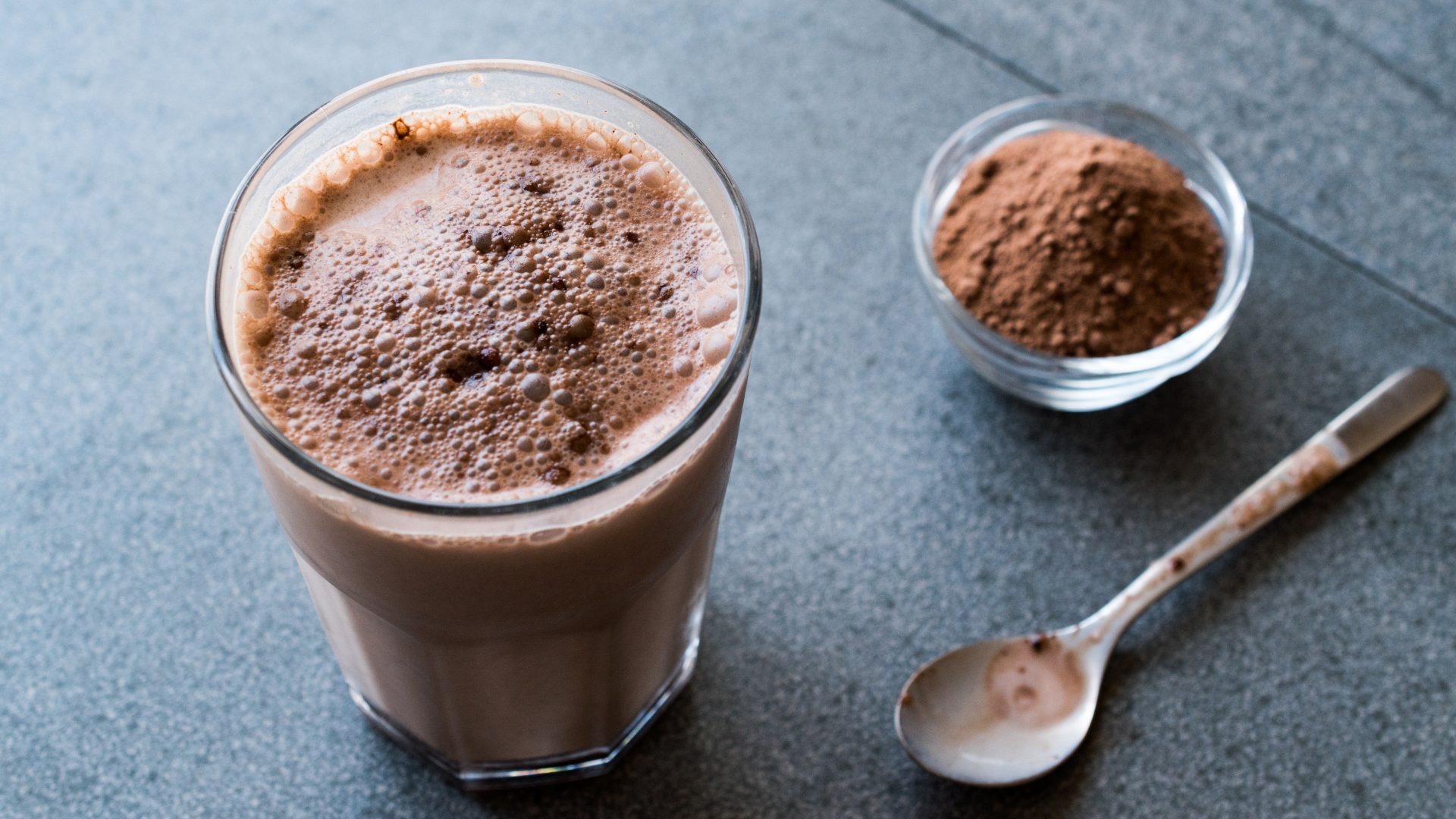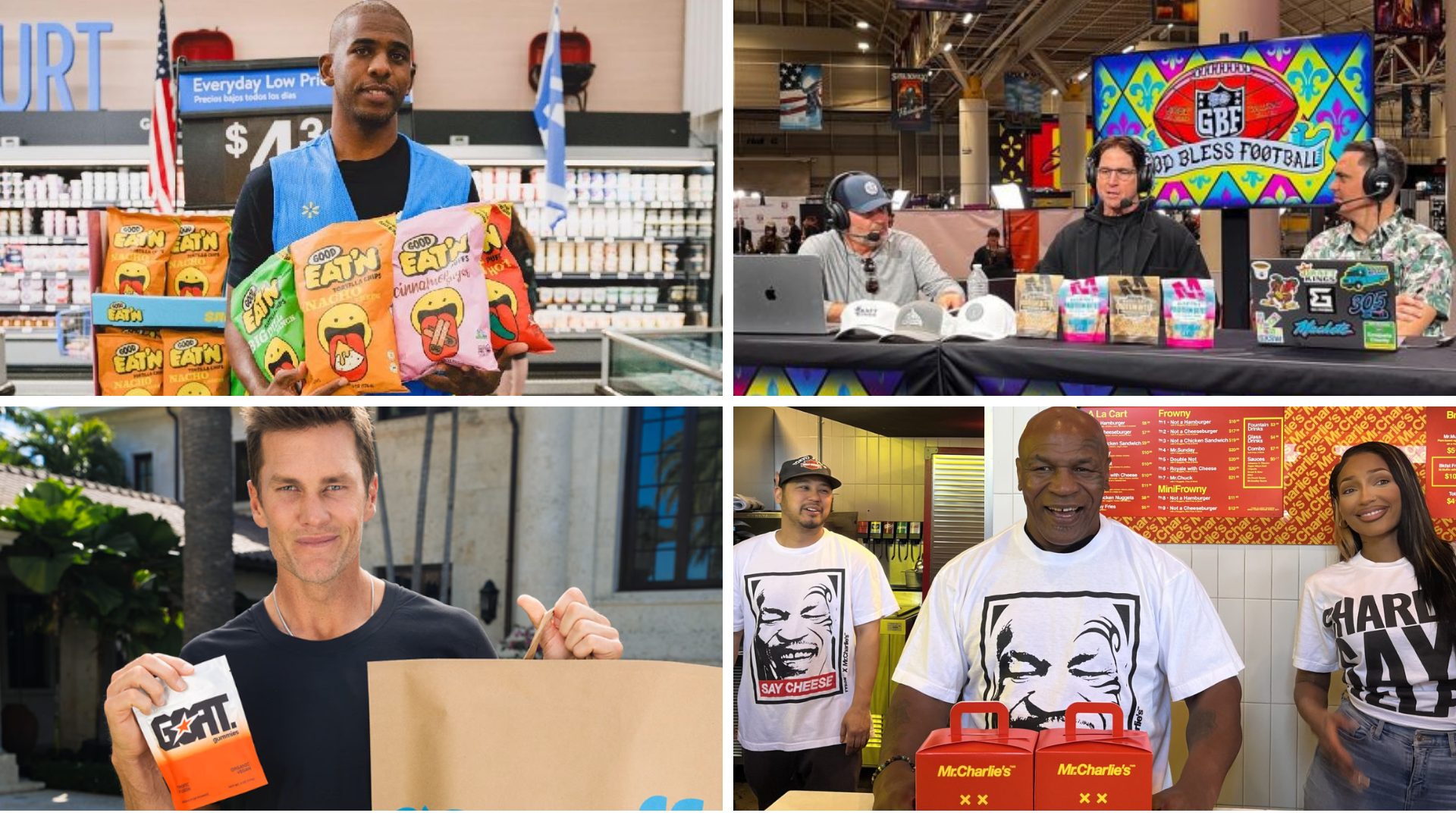Omnivores dabbling in plant-based alternatives to meat and dairy products are expected to propel these substitutes into a $162 billion global industry within the decade.
With that much money at stake, major food companies, including Conagra and Danone SA, are hedging their bets.
The plant-based food market totaled $29.4 billion in 2020 and is expected to reach $44.2 billion this year, Statista reported. That figure is expected to grow to $77.8 billion by 2025.
“Leaders including Beyond Meat, Impossible Foods, Eat Just and Oatly are adding to the momentum as new and traditional companies push innovation and customer acceptance,” Bloomberg Intelligence recently reported.
THE NEXT BIG THING IS …
Alternatives to meat and dairy products – made from everything ranging from soy and other beans to nuts, seeds and fungus – are expected to lead the way as consumers worry about their health and the impact the meat and dairy industries have on climate change.
Pea protein has emerged as a major component expected to be worth $3.7 billion by 2026 as an alternative to not only milk products but to soy products as well since it is hypoallergenic. Experts say it is easy to digest, aids in muscle growth, improves heart health and is a good source of iron. Research also is being conducted on sunflower seeds.
“We believe that cellular meat and plant-based seafood will be the next big thing. Both have large technology hurdles but could significantly disrupt some large sustainability issues,” Spencer Maughan, founder and co-partner at Finistere Ventures told The Food Institute.
(A recent FI podcast noted how NotCo is using technology like AI to fuel plant-based innovation. To hear that podcast episode, click here.)
KEYS TO GROWTH
Textural integrity will be key to the growth, said John Carter, managing partner at Jump Rope Innovation, which recently conducted its extensive What’s Hot/What’s Not consumer report. Once the plant-based industry comes up with viable steak and chicken replacements, “it will spur a new wave of growth.”
“Second, there is an opportunity for plant-based options that don’t just replace a traditional benefit but also offer added benefits: Immunity, beauty, gut health – all are huge opportunities. Lastly, I think there will be renewed interest in plant-based versions of products that are not trying to imitate meat. There is already a resurgence of old-school veggie burgers that are just trying to be the best veggie burgers they can be,” he said.
MAJOR PLAYERS
So, who are the key players in the plant-based category in 2022?
- Beyond Meat Inc.: The company’s name says it all. Its products, which are made from brown rice protein, are sold through groceries, mass merchandisers and natural retailer channels, as well as restaurants and food service outlets – 77,000 of them in more than 65 countries. Total market capitalization is about $3.72 billion.
- Impossible Foods: The company is developing meat, milk and fish alternatives made from soy protein. It has a geographic presence through the U.S. and Asia-Pacific. The company still is privately held. It began raising $500 million in October to bring its valuation to $7 billion, Bloomberg
- Danone SA: Plant-based products is one of four company segments. It employs 530 research and innovation specialists in 40 countries. The results are offered through its Essential Dairy and Plant-Based Products segments, and distributed in more than 120 countries. The company boasts a more than $35 billion market capitalization. Danone’s Silk brand relies on soy protein.
Other players include:
- Garden Protein International Inc., a subsidiary of Pinnacle Foods Inc. and distributed in North America and Europe as Gardein;
- Amy’s Kitchen, which has a geographic presence in North America, Europe, Asia-Pacific and Latin America;
- Follow Your Heart, which markets its products in 23 countries;
- The Hain Celestial Group Inc., which sells its products in more than 70 countries;
- Axion Foods, which has a presence in North America, Europe, Asia-Pacific, Latin America, the Middle East and Africa;
- Daiya, a subsidiary of Otsuka Pharmaceutical Co. Ltd and which partners with other companies, including Amy’s, and
- Marlow Foods Ltd, a subsidiary of Monde Nissin Corp., which offers quorn products made from micoprotein.
MARKET FORECAST
Maughan said he sees continued growth for the major players, “and fast followers in seafood and chicken will also do well. The dairy sector and specifically cheese will do well. One company, Climax Foods, which is using big data to create plant cheeses has an incredible ability to tackle taste and texture.”
The biggest hurdles for smaller companies, Carter said, are supply chain and shelf-space. For larger companies, the issue will be convincing consumers they’re not just jumping on the bandwagon.
But everything comes back to texture and taste.
“Companies that can produce plant-based items where consumers don’t feel they have to sacrifice – in taste, utility, or price – will have a real competitive advantage because they will be creating options that are accessible to everyone, and we know that most plant-based consumption growth is coming from ‘dabblers’ versus strict vegans,” Carter said.












